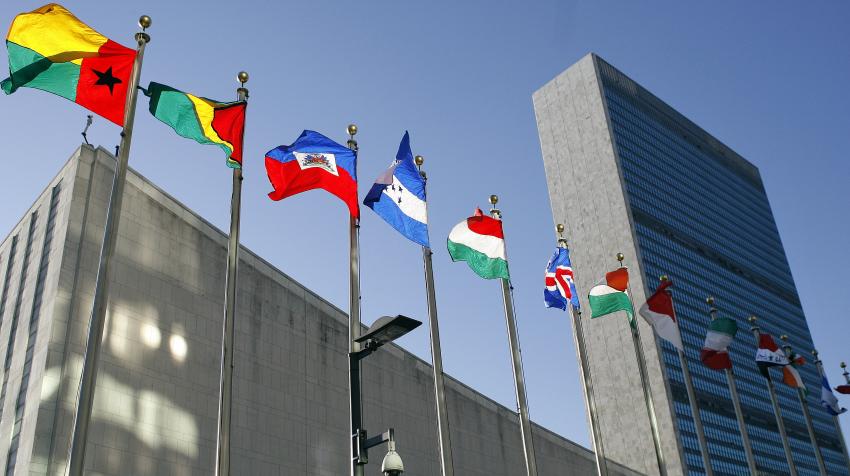Statement by Dmitry Chumakov, Deputy Permanent Representative of Russia to the UN, at the “Arria-formula” VTC of UNSC members "Universal connectivity and access to digital technology for children in conflict and post conflict contexts"
Mr. President,
We would like to thank Ms.Amina Mohammed as well as other briefers for their remarks as well as the organizers of this meeting on such important topic. During this challenging time with pandemic we felt the importance of digital technologies in our everyday lives. But we see today’s discussion as a part of much broader context related to the global development agenda as a whole.
Thanks to digital platforms and their quick operationalization many people managed to continue their jobs amidst global lockdowns. Access to digital technologies has played critical role in helping children stay within educational systems. It is not easy in developed countries, and this is even stronger challenge in countries in conflict and post conflict situations.
According to Secretary-General's brief "Education during COVID-19 and beyond", only 50 per cent of children in low income countries have access to distance learning. This statistics is sad, yet sobering - we need to accelerate efforts to improve the quality of education with focus on connecting schools to safer internet at all levels.
We would like to take this opportunity to thank Ms. Fore and Mr. Zhao for participating in the 6th Meeting of BRICS Ministers of Communications, hosted by the Government of the Russian Federation on 17 September this year. Among other things, the Final Declaration of this Meeting acknowledged the critical role of Information and Communication Technologies (ICT) in promoting high-quality education as well as reaffirmed the need for continuous cooperation of Member-States in ICT activities.
At the international level we have to strengthen cooperation with relevant UN funds and programmes who have presence on the ground and know the difficulties and needs of children.
Mr.President,
Education is also one of priority areas of Russia's development assistance. Let me use this opportunity to share some examples of projects to this end.
Together with UNICEF we are implementing a project in Syria, aimed, among other things, at rehabilitating the educational system in Damascus. The activities under this component include teacher professional development programs and equipment delivery in support of the integrated education services for around 700 students. Russia and UNDP have been implementing 9 respective projects in a number of countries: from CIS region to Cambodia. The goal of those projects is to facilitate access of young people to jobs by developing their digital skills. The project for CIS countries called “Climate Box” launched in 2017 is aimed at improving children’s knowledge on climate change via specially designed online programs.
Thank you for your attention.
